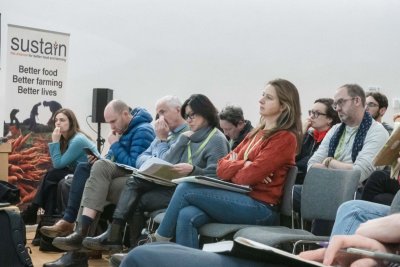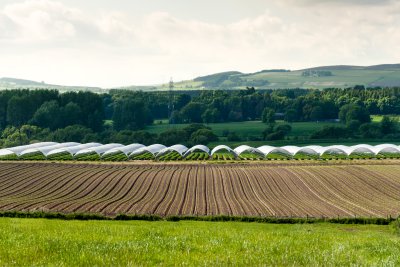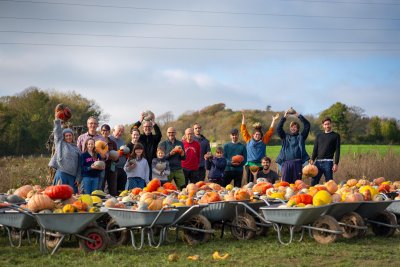From 1989 to 2016, scientists in Germany collected insect samples across 96 sites in nature protected areas, covering the period from March to October. Over the 27 years the study was carried out, the average biomass of flying insects collected at the sites fell by 76%, with a more marked average drop of 82% in mid-summer.
The study published in scientific journal Plos One reveals the worrying levels of reduction of all insect species:
“Recently reported declines in several [insects] such as butterflies, wild bees and moths are in parallel with a severe loss of total aerial insect biomass, suggesting that it is not only the vulnerable species, but the flying insect community as a whole; that has been decimated over the last few decades,” the study said.
You can read more about the study and the possible causes for this decline in an article on EuroActiv.
Sustain: Sustain The alliance for better food and farming advocates food and agriculture policies and practices that enhance the health and welfare of people and animals, improve the working and living environment, enrich society and culture and promote equity.








